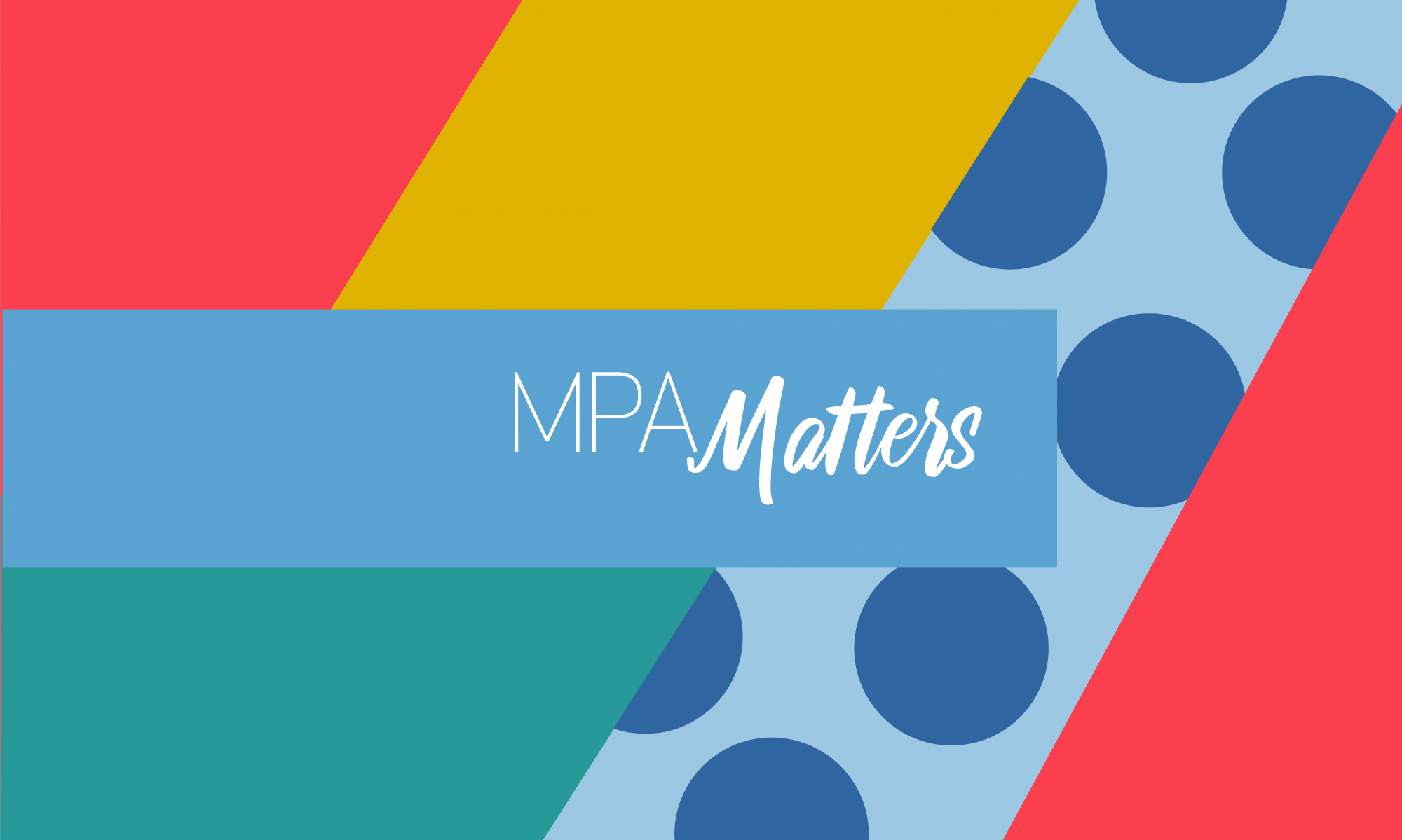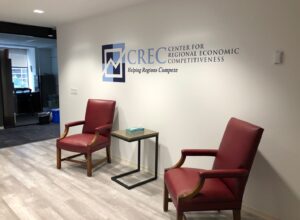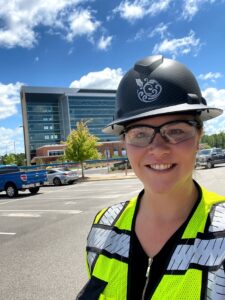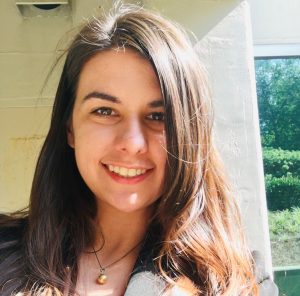This post was written by current MPA student Stephen Thompson

If you’re like me, you have only a cursory understanding of “tiny houses,” –the somewhat recent trend in single family dwelling construction which features structures of about 600 square footage or less. This movement has been sweeping the first world by storm for the past decade and it’s hard to have not encountered the term at least once via conversation, real estate focused television programs, or obnoxious magazine covers in the supermarket. I’ve primarily seen it discussed on TLC-style reality TV shows which focus on younger couples looking to downsize their consumer-centric lifestyles and “get back the basics.” Noble as that motivation is, it has always felt very bourgeoisie to me. Just the notion of, [read in a posh Northeastern accent] “I’ve had so much access to stuff in my life that I’m just tired of buying things, so I’ve chosen to purposefully not buy as many things, because that will make me a better person.” In spite of my cultural objections, the city of Raleigh did something recently which made me see tiny houses in a different light.
This week the city council of Raleigh, NC unanimously approved the use of “tiny homes” within city limits, a building regulation not often approved by cities. As an MPA student, this piqued my interest. The city council is promoting tiny houses as an affordable option in the midst of the triangle-area housing crisis, which has many first-time home buyers priced out, and those who can afford the inflated prices having to put in offers on homes sight-unseen, due to sky rocketing demand. Even before the pandemic the tri-city area was listed as one of the most expensive markets in the county. Since the Covid scourge, it’s not uncommon to hear about houses selling before they even get to their first open house event. Reporting on the council’s decision, WRAL noted that a new construction tiny house with 300 square feet in the Raleigh area can sell for as little as $65,000—water and electric hook ups included. With this new zoning regulation going into effect in 90 days, this one council vote is poised to have a big impact on the economics of local homeownership. I have to say, this application of a modern trend sounds like something that can really make a difference in this area.
Land and home ownership is often the first way families can acquire and build generational wealth in this county and with so many young families being priced out by the pandemic-boom, this is beginning to become a serious threat to millennials and Gen Z’ers wealth acquisition. In regard to the long levity of a city or community, drops in homeownership—frequently the most valuable asset upon which residents pay property taxes, means less money for municipal budgets and public services. Meanwhile, less generational wealth results in more folks using the aforementioned underfunded public services. To subvert a common expression, a falling tide strands all ships. The city council are wise to take note of this problem down the road and take “tiny” steps [excuse the pun] to fix it early.
Public servants in the 21st century are faced with new and unique problems markedly different from those of previous generations. To address these new situations, we have to use new tools. I applaud the Raleigh city council’s out-of-the-box approach to this public issue, and I look forward to seeing if this lets a little air out of the ballooning housing market bubble. I’m going to be in the market for a house in a few years and who knows, maybe a tiny house could make a perfect starter tiny home.





 After finishing my undergraduate degree at George Mason University, in Fairfax, VA I moved to Baltimore, MD to pursue a full-time career as an Alt. Country singer/songwriter. Living the life of a struggling performer I soon learned that for every 40 minutes you get on stage to wow audience members and soak up the spotlight there were hours upon hours of administrative work. Hours spent booking gigs, making and distributing marketing materials, arranging logistics (like discount hotel rooms and frequent oil changes), not to mention rehearsing (you still have to sound good when you finally get to the show), as well as getting merchandise designed, printed, and ordered. Managing my career was a whole separate job from just being the performer myself! Over the next three years I learned a lot about all aspects of arts administration from how to tell a long story to distract the audience from yet another equipment malfunction, to how to find artist resources through arts councils, nonprofits, and even government grant programs.
After finishing my undergraduate degree at George Mason University, in Fairfax, VA I moved to Baltimore, MD to pursue a full-time career as an Alt. Country singer/songwriter. Living the life of a struggling performer I soon learned that for every 40 minutes you get on stage to wow audience members and soak up the spotlight there were hours upon hours of administrative work. Hours spent booking gigs, making and distributing marketing materials, arranging logistics (like discount hotel rooms and frequent oil changes), not to mention rehearsing (you still have to sound good when you finally get to the show), as well as getting merchandise designed, printed, and ordered. Managing my career was a whole separate job from just being the performer myself! Over the next three years I learned a lot about all aspects of arts administration from how to tell a long story to distract the audience from yet another equipment malfunction, to how to find artist resources through arts councils, nonprofits, and even government grant programs.




